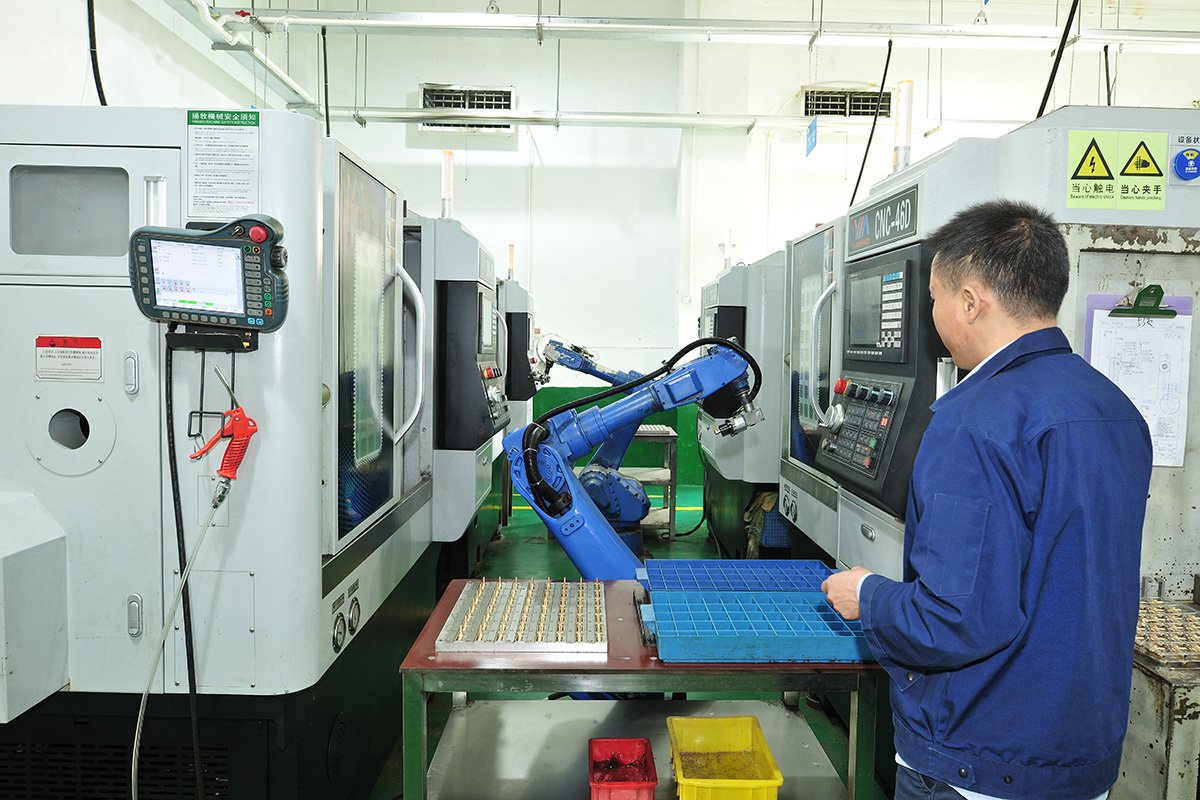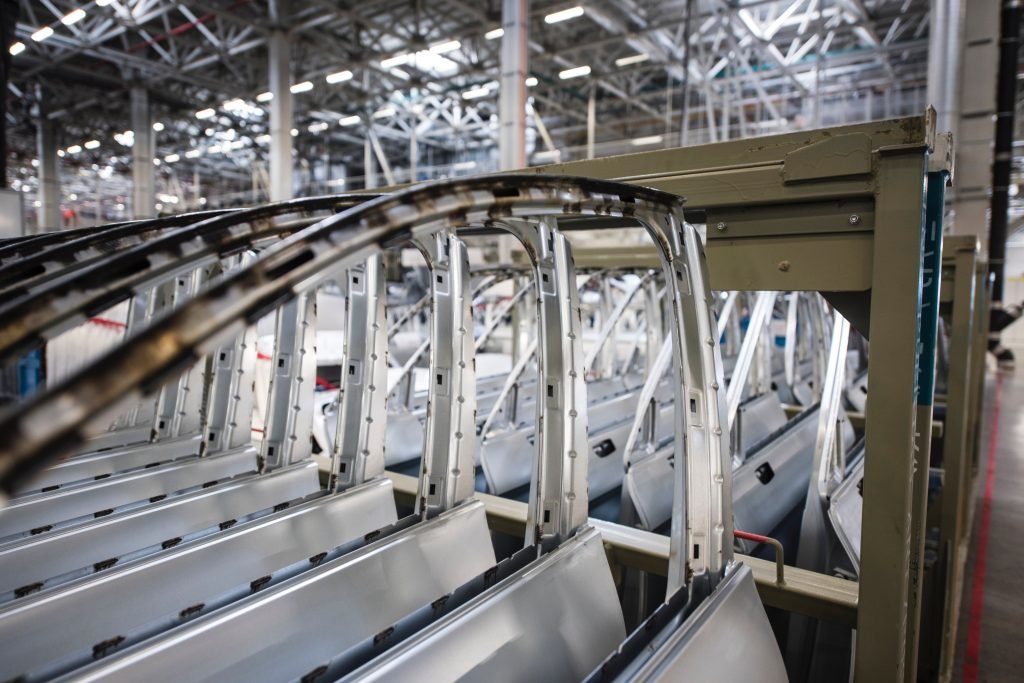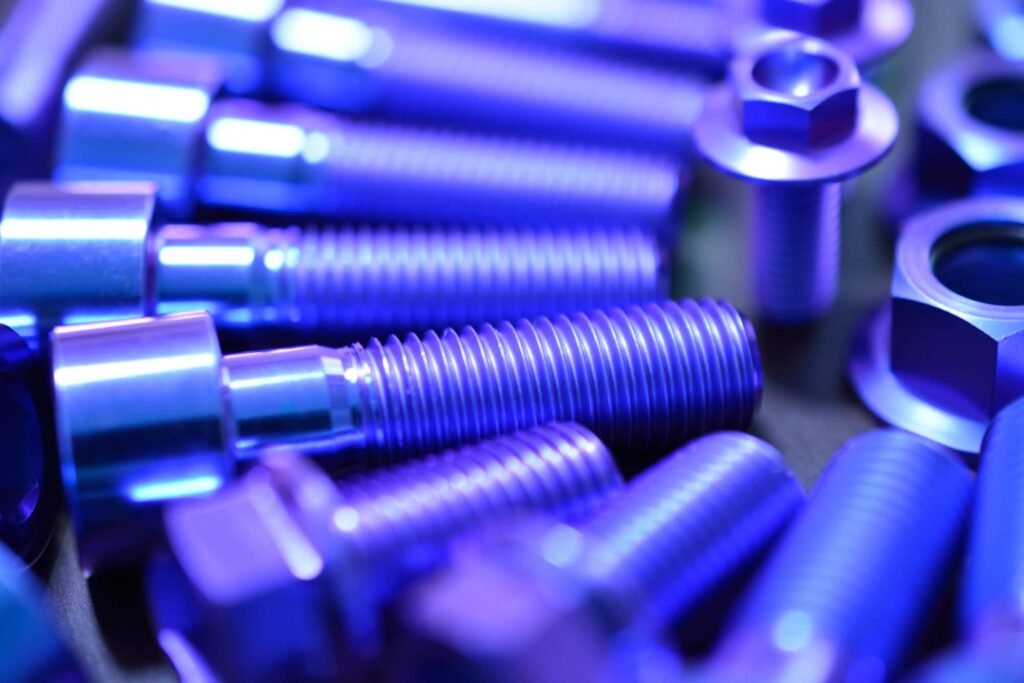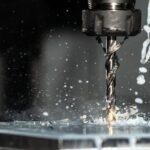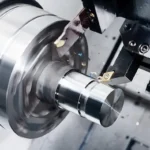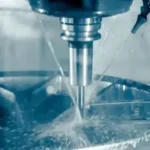In the ever-evolving landscape of the automotive industry, precision, efficiency, and innovation are paramount. At the heart of this transformation lies CNC (Computer Numerical Control) machining, a technology that has redefined the manufacturing of automotive components. From crankshaft components and control arms to cylinder heads and brake components, CNC machining plays a pivotal role in crafting the intricate parts that power our vehicles.
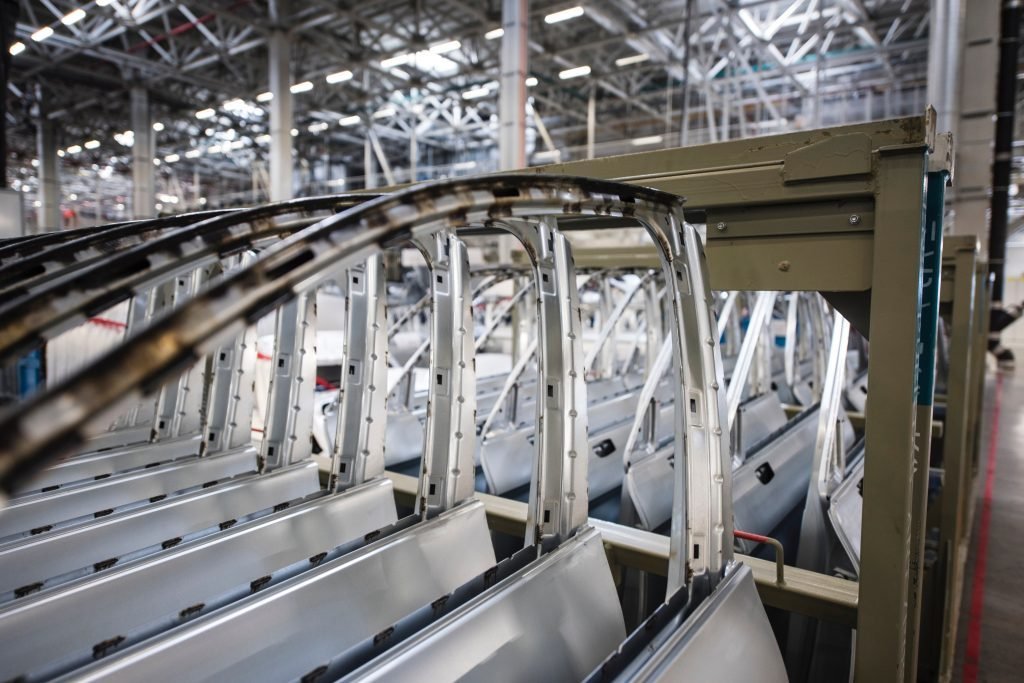
Understanding CNC Machining
CNC machining is a manufacturing process that employs pre-programmed computer software to control machinery and tools. This technology can manipulate a variety of machinery, including lathes, mills, routers, and grinders, to create parts and components from raw materials like metal and plastic.
Key Components of CNC Machines
- Machine Tools: These include lathes, mills, and routers equipped with cutting elements that shape the material.
- Control Unit: Acts as the brain of the CNC machine, interpreting design files and translating them into machine instructions.
- Drive System: Manages the movement of machine tools along the x, y, and z axes.
- Feedback System: Utilizes sensors and feedback loops to ensure precise positioning, enhancing accuracy and repeatability.
Applications in the Automotive Industry
CNC machining’s precision and versatility make it ideal for manufacturing a wide array of automotive components:
Engine Components
- Cylinder Heads and Engine Blocks: CNC machining is crucial in creating these components with high accuracy, ensuring optimal engine performance and longevity.
- Crankshafts: Precision machining of crankshafts ensures smooth engine operation and durability.
Transmission Components
- Gears and Shafts: Machined to exact specifications to ensure efficient power transfer and smooth operation.
- Transmission Housings: Crafted with precision to maintain the integrity of the transmission system.
Brake Components
- Brake Rotors, Drums, and Calipers: CNC machining ensures these critical safety components meet high standards of precision and reliability.
Suspension Parts
- Control Arms and Shock Absorbers: Manufactured to provide consistent handling and stability.
Interior and Exterior Trim
- Dashboard Panels and Grille Inserts: CNC machining allows for detailed and aesthetically pleasing components that enhance vehicle design.
Benefits
CNC machining offers numerous advantages that make it indispensable for automotive manufacturing:
- Precision and Accuracy: Capable of producing parts with extremely tight tolerances, ensuring perfect fit and function.
- Repeatability: Once programmed, CNC machines can produce identical parts consistently, crucial for mass production.
- Efficiency: Capable of operating continuously with minimal supervision, increasing production rates and reducing labor costs.
- Flexibility: Easily reprogrammable to produce different parts, allowing manufacturers to adapt quickly to changes in demand or design.
- Quality Control: High precision and repeatability lead to superior quality parts, reducing the need for post-production inspection and rework.
Benefits
CNC machining offers numerous advantages that make it indispensable for automotive manufacturing:
- Precision and Accuracy: Capable of producing parts with extremely tight tolerances, ensuring perfect fit and function.
- Repeatability: Once programmed, CNC machines can produce identical parts consistently, crucial for mass production.
- Efficiency: Capable of operating continuously with minimal supervision, increasing production rates and reducing labor costs.
- Flexibility: Easily reprogrammable to produce different parts, allowing manufacturers to adapt quickly to changes in demand or design.
- Quality Control: High precision and repeatability lead to superior quality parts, reducing the need for post-production inspection and rework.
Future Trends
As technology advances, CNC machining is poised to play an even more significant role in The future of automotive manufacturing:
Integration with Additive Manufacturing: Combining CNC machining with 3D printing can optimize material usage and create complex parts previously impossible to manufacture.
Smart Manufacturing: The adoption of IoT and AI in CNC machining can enhance process monitoring, predictive maintenance, and overall efficiency.
Sustainability: Evolving CNC machining processes to become more energy-efficient and reduce waste aligns with the automotive industry’s push toward sustainability.
Advanced Materials: CNC machines will continue to evolve to handle the machining of advanced composites and alloys used in automotive applications.
Conclusion
Looking for a CNC Partner for Automotive Parts?
At Guanmei PRE Precision Metal Co., Ltd, we specialize in CNC milling, turning, and drilling for automotive components. Our ISO 9001-certified processes, multi-axis machining centers, and experienced engineering team ensure:
- Fast prototyping and sampling
- Medium-to-high volume production
- Full inspection and quality reports
- Global shipping and engineering support
Contact us today to discuss your automotive CNC part needs—or upload your drawing for a fast quote.
Key Automotive Components That Rely on CNC Machining
Everything You Need To Know About Anodizing
